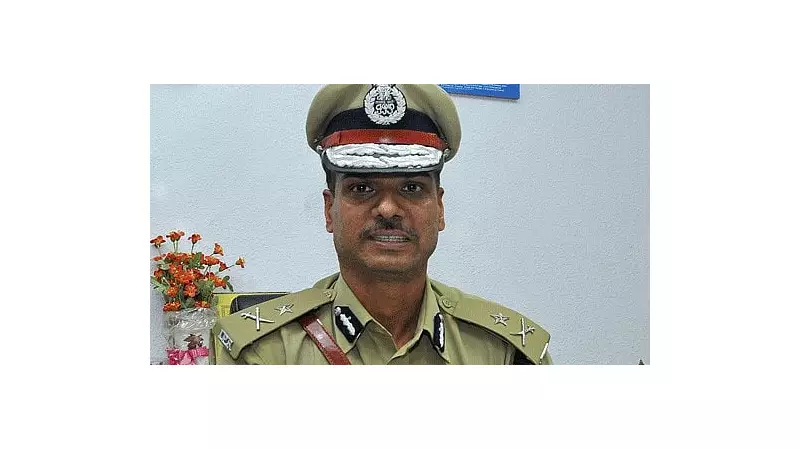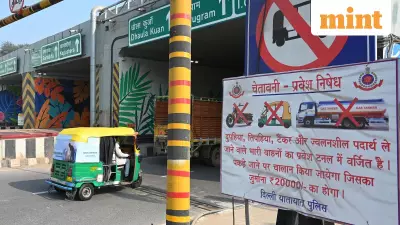
In a significant legal development, the Karnataka High Court has refused to stay an order from the Central Administrative Tribunal (CAT) that had set aside a departmental inquiry initiated against senior IPS officer Alok Kumar.
Court Rejects Government's Challenge
The High Court delivered its verdict on November 13, 2025, dismissing the state government's attempt to challenge the CAT order that had provided relief to the police officer. The court's decision marks a crucial moment in the ongoing legal battle between the state administration and the senior bureaucrat.
During the proceedings, the state government had argued that the CAT's interference at the stage of charge sheet and show cause notice in departmental proceedings contradicted established legal principles. However, the High Court found this argument insufficient to overturn the tribunal's decision.
Background of the Legal Battle
The case centers around departmental proceedings that were initiated against Alok Kumar, an Indian Police Service officer serving in Karnataka. The officer had approached the Central Administrative Tribunal seeking relief from what he considered an unjust departmental inquiry.
The CAT, after hearing arguments from both sides, had ruled in favor of the IPS officer and set aside the departmental inquiry. This prompted the state government to approach the High Court, challenging the tribunal's jurisdiction and decision.
Legal Implications and Future Course
This judgment reinforces the authority of administrative tribunals in matters concerning government service disputes. The High Court's refusal to interfere with the CAT order establishes an important precedent regarding the tribunal's power to examine departmental proceedings at preliminary stages.
The court's decision means that the departmental inquiry against IPS officer Alok Kumar stands quashed, providing significant relief to the officer. The state government now has limited options, potentially including approaching a higher judicial authority if they wish to pursue the matter further.
Legal experts suggest this ruling emphasizes the importance of following due process in departmental proceedings against civil servants and reinforces the protective mechanisms available to government officers facing administrative actions.





